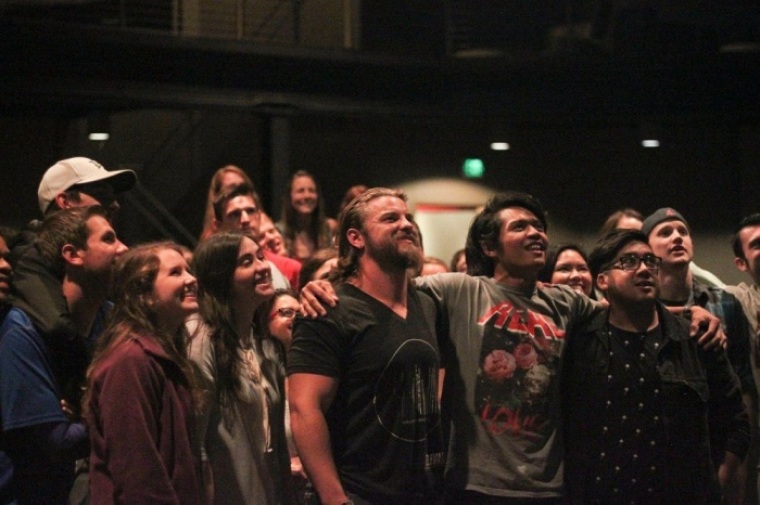How innovative ministries are bringing millennials back to church

Despite belonging to a church-attending family, 24-year-old Danielle De Guzman is among the many American millennials who struggled throughout adolescence to find relevance and trust in the church or Christianity.
After high school, she would at times still attend her parents' large church in Collin County, Texas, but admits that she would just sit in the lobby and wait for the service to end because she just didn't see the point of going into the service.
Although she spent years going to the church, she struggled to get plugged in or even develop personal relationships with others in her congregation.
Eventually, she began telling her parents that she had to work on Sundays so she could get out of going to church. Her parents respected her freedom and De Guzman stopped going to church for a period of time. Going to college locally, she spent a lot of time — like many other college students — partying.
The experience had by De Guzman is not unique among millennial adults who grew up in the church.
A LifeWay Research poll from January found that about two-thirds of young adults who attended church for at least a year as a teenager ended up dropping out of church for at least a year between the ages of 18 to 22.
But what is less common about De Guzman's story is the fact she eventually made her way back to a church and has become a regularly attending member.
After a while in the party scene, she got the feeling that there must be something more to life.
At the age of 21, after having not enjoyed her experiences at a few young adult groups she tried out in her area, she was connected with a unique community founded with the purpose of serving as the young adult ministry arm of several local churches in Collin County.
After about two years, Elevate Young Adult Ministry helped De Guzman get plugged in to what has become her home church — Chase Oaks in Plano. It was there that De Guzman was finally able to develop the much-needed relationships with fellow Christians that were hard to come by during her upbringing.
"[I] struggled with trying to find a home church that I trust. I was feeling like I couldn't trust the church for a little bit," De Guzman, a gymnastics instructor, said.
"There are people out there that are probably feeling the same thing. I just feel like now I have more of a responsibility because living the way that I was, I should be dead or in prison or have some sort of illness or something like that. And I am not any of those things. Just the fact that God pulled me out of that and spared me of all of those things, there has to be a reason why that happened."
Read more from, "How innovative ministries are bringing millennials back to church," on The Christian Post.